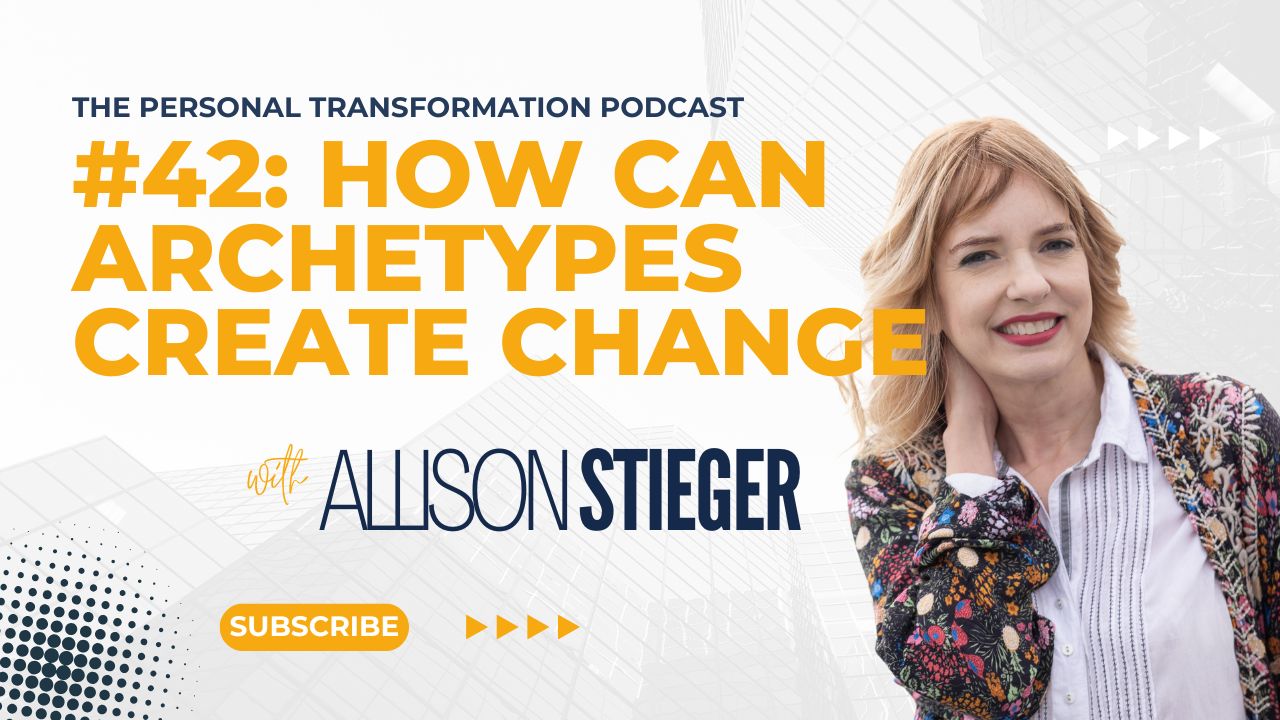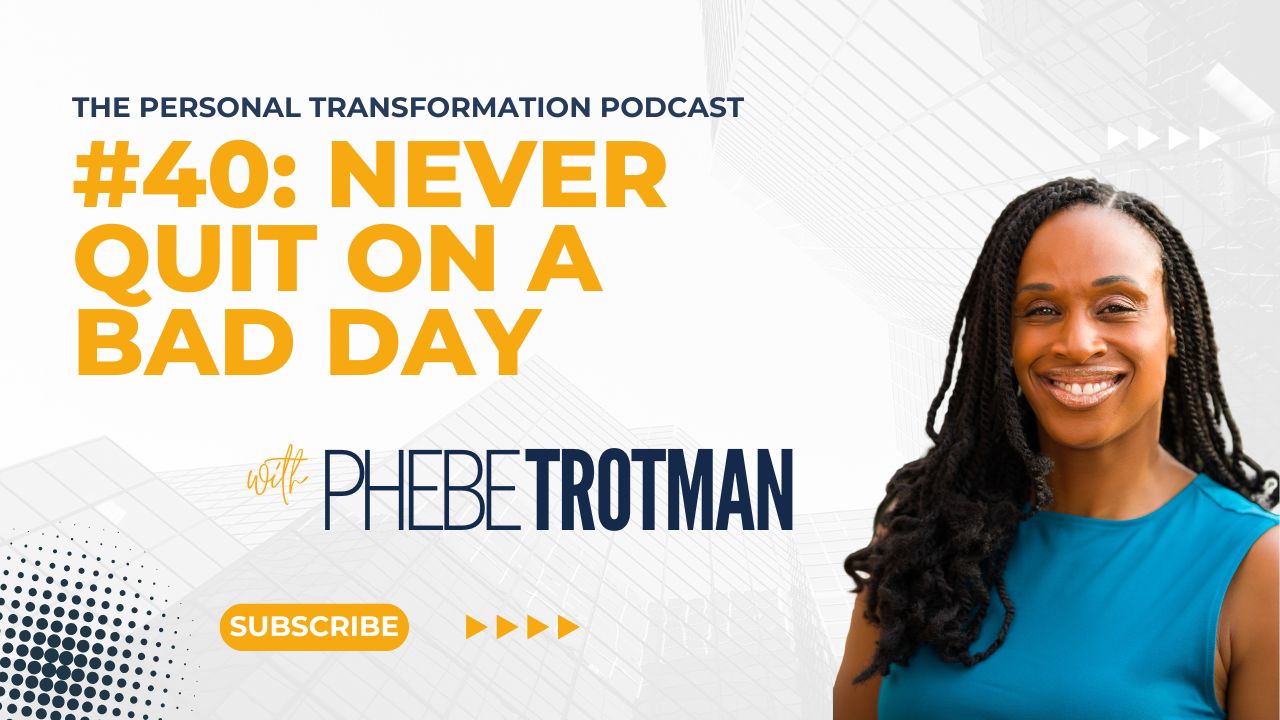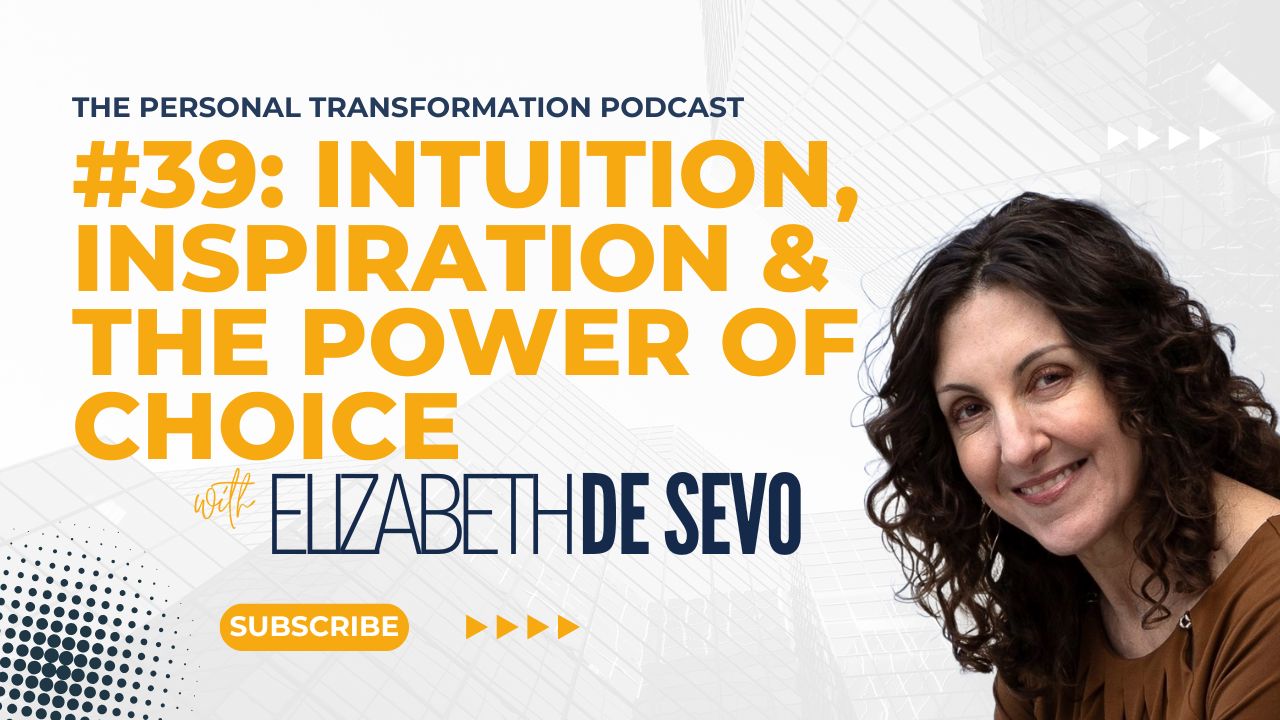In this episode, Michael D. Ostrolenk and Dan Storey explore the themes of resilience and personal growth on 3 levels – the individual, within personal relationships and in group environments.
Together, they explore the critical role of resilience in personal and interpersonal growth. Ostrolenk explains that resilience involves more than just physical strength; it also requires emotional and mental fortitude. He introduces the concept of “Resilience 2.0,” which moves beyond traditional views of toughness to emphasize emotional awareness and managing one’s feelings.
Ostrolenk highlights the importance of sitting with discomfort, rather than numbing emotions through distractions like work or unhealthy behaviors. He describes how unresolved feelings can manifest as psychological or physical problems, and advocates for practices like breathwork and somatic therapy to process emotions more fully.
The conversation also delves into the significance of relationships in building resilience. Ostrolenk discusses how men often try to “fix” their partner’s emotional states, not out of altruism but to avoid their own discomfort. He advises men to focus on co-regulation and clear communication within relationships. He underscores the need for conscious agreements between partners on handling conflict and navigating emotional complexities.
The episode concludes by stressing the importance of personal development, self-regulation, and heart coherence practices like “HeartMath” to build emotional resilience in both individuals and couples.
Key points from the episode include:
- Resilience 2.0: It’s about managing emotions and discomfort, not just physical toughness.
- Sitting with discomfort: Learning to feel and process emotions without distraction is essential for resilience.
- Antifragility: Resilience means growing stronger in adversity, not merely surviving it.
- Co-regulation in relationships: Couples need to support each other emotionally and avoid trying to “fix” their partner’s emotional states.
- Conscious agreements: Partners should set clear, mutually agreed-upon guidelines for handling conflict.
- Somatic awareness: Physical sensations and emotions are interconnected; understanding the body’s responses helps emotional regulation.
- HeartMath: A practice that helps regulate emotions and maintain calm during stressful moments by focusing on heart coherence.
- Men and resilience: Men often use physical strength as a coping mechanism but must develop emotional resilience as well.
- Avoiding emotional suppression: Suppressing emotions can lead to physical and psychological issues.
- Personal and interpersonal growth: True resilience comes from personal development and cultivating strong, open relationships.
About Michael D. Ostrolenk:
Michael Ostrolenk is the Director of Human Resilience at Apeiron Zoh where he works with medical and psychological staff in creating online and in-person programs seeking to transcend the limits of human performance and health.
Twitter – https://x.com/mostrolenk
YouTube – https://www.youtube.com/@ccoolidge08
Instagram – https://www.instagram.com/mostrolenk/
LinkedIn – https://www.linkedin.com/in/michael-ostrolenk-ma-mft-324665/



Leave A Comment